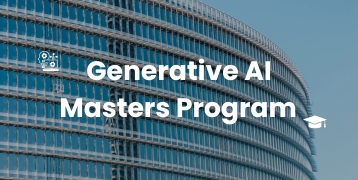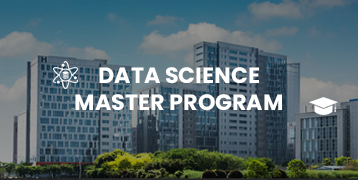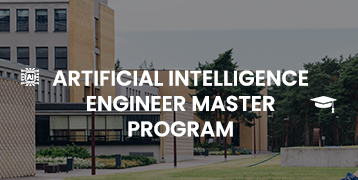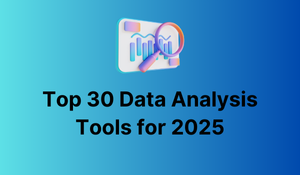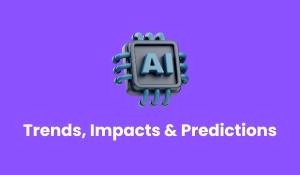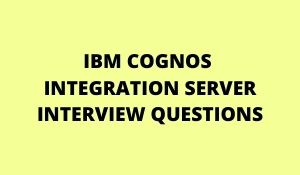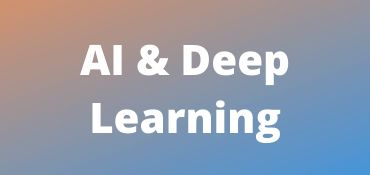
Artificial Intelligence is also known as machine intelligence, intelligence demonstrated by machines, in contrast to the natural intelligence displayed by humans. Artificial intelligence systems powered by machine learning enable companies to leverage large amounts of available data to uncover insights and patterns that would be impossible for any one person to identify, enabling them to deliver more targeted, personalized communications, predict critical care events, and identify likely fraudulent transactions. The program builds a solid foundation by covering the most popular and widely used deep learning technologies and their applications, including Computer Vision, Convoluted and Recurrent Neural Networks, Natural Language Processing, Tensor Flow, and even Keras–laying the building blocks for truly expanded capabilities. Everything you need to know in AI and Deep Learning Tutorial has complete potential to boost your career goals.
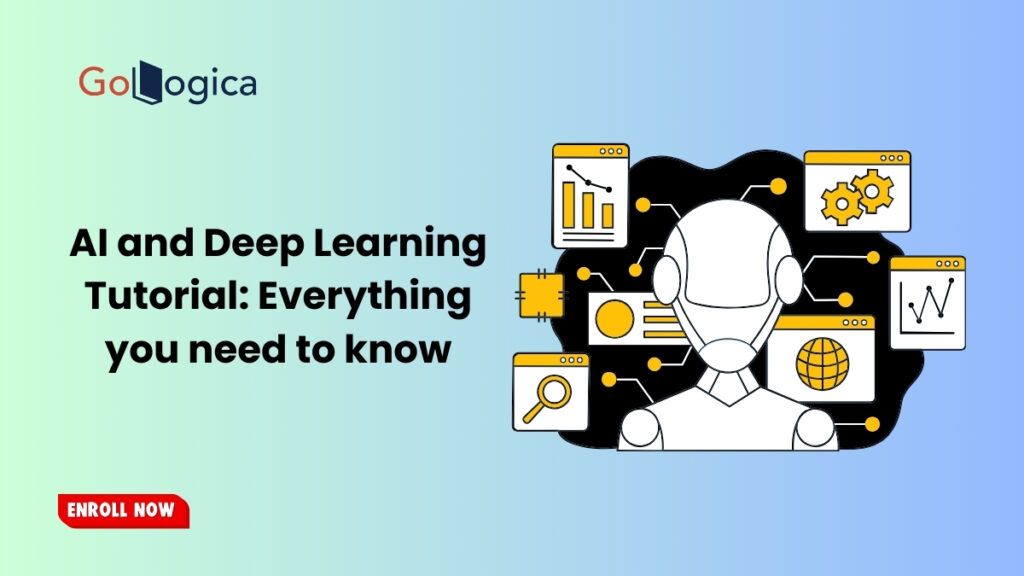
In this Guide you will learn about:
Natural language generation
Speech recognition
Machine learning platforms
Virtual agents
Decision management
AI optimized hardware
Deep learning platforms
Natural language generation
Natural language generation is the use of artificial intelligence programming to produce written or spoken narratives from a dataset. Natural language generation is related to computational linguistics, natural language processing (NLP), and natural language understanding (NLU), the areas of AI concerned with human-to-machine and machine-to-human interaction. Natural language generation research often focuses on building computer programs that provide data points with context. Sophisticated Natural language generation is software that can mine large quantities of numerical data, identify patterns, and share that information in a way that is easy for humans to understand. The speed of the NLG software is especially useful for producing news and other time-sensitive stories on the internet.
Speed Recognition
Speech recognition is the process of the interdisciplinary subfield of computational linguistics that develops methodologies and technologies that enable the recognition and translation of spoken language into text by computers. Speed recognition is also automatic speech recognition, computer speech recognition, or speech-to-text. Speech recognition performance can be measured by accuracy and speed. Accuracy is measured with the word error rate. Word error rate works at the word level and identifies inaccuracies in transcription, although it cannot identify how the error occurred. Speed is measured with the real-time factor. A variety of factors can be affected by computer speech recognition performance, including pronunciation, accent, pitch, volume, and background noise.
Related Courses
| Course Name | Enroll Now |
|---|---|
| BIG DATA HADOOP TRAINING | Enroll Now |
| Big Data Architect Training | Enroll Now |
| Big Data Architect Training | Enroll Now |
| APACHE STORM TRAINING | Enroll Now |
Machine Learning Platforms
Machine learning platforms are automating and accelerating the delivery lifecycle of predictive applications capable of processing big data using machine learning or related techniques. Machine learning platforms are among the enterprise to technology’s most competitive realms, with most major vendors, including Amazon, Google, Microsoft, IBM, and others, racing to sign customers up for platform services are covered with the spectrum of machine learning activities, including data collection, data preparation, model building, training and application deployment. As machine learning continues to increase in importance to business operations and AI becomes ever more practical in enterprise settings, the machine learning platform wars will only intensify. In this key features are:
Key features:
- Acceleration
- Automation
- Big data
- Full-lifecycle
- Platform
- Predictive
Virtual agents
A virtual agent is an automated representation of the customer service representative but also refers to a human customer service agent who works remotely. A virtual agent is a computer-generated, animated, artificial intelligence virtual character that serves as an online customer service representative. It leads an intelligent conversation with the users, responds to their questions, and performs adequate non-verbal behavior.
Decision Management
Decision management also known as enterprise decision management or business decision management entails all aspects of designing, building, and managing the automated decision-making systems that an can organization use to manage its interactions with customers, employees, and suppliers. Decision management is an intellectual process for the selection of the best alternative from available two or more alternatives to reach the desired result. Decision management systems are adaptive, analytic, and agile. Because they are the services, and design adaptive, automatically learning from their successes and failures to constantly improve decisions. These systems are also taking the wealth of available data and analyzing it to improve the quality of the decisions being made. New regulations and situations are staples in all types of businesses, and these systems are agile enough to cope with rapid changes.

AI optimized hardware
Artificial intelligence is the microprocessor and computer systems designed by the hardware acceleration for artificial intelligence applications, especially artificial neural networks, machine vision, and machine learning. Hardware is being designed and optimized for AI workloads Graphics Processing Units (GPUs) are playing an important role in accelerating training and inference because of their high degree of parallelism and because they can be optimized for neural network operations. AI-optimized hardware solves important computing and storage requirements in support of AI, machine learning, and deep learning.
Deep learning platforms
Deep learning Platforms are a form of machine learning that duplicates the neural circuits of the human brain to process data and create patterns for decision-making. In this unique technology, algorithms use artificial neural networks. A few of its applications are automated speech recognition, image recognition, and prediction of anything that can be sensed in the digital sphere. Deep learning platform providers are Deep Instinct, Ersatz Labs, Fluid AI, Math Works, Peltarion, Saffron Technology, Sentient Technologies, and Leverton. Specific fields in which deep learning is currently being used include the following:
- Customer experience
- Text generation
- Industrial automation
- Medical research
- Computer vision
Advantages of AI and Deep learning
- More powerful and more useful computers
- New and improved interfaces
- Solving new problems
- Better handling of information
- Relieves information overload
- Conversion of information into knowledge
- No human intervention needed
- Supplementing data mining
👉 Related Articles:
🎯 Artificial Intelligence: A Complete Overview of Its Pros and Cons
🎯 Top 15 Artificial Intelligence (AI) Tools You Need to Know
🎯 Automation Anywhere Interview Questions and Answers
🎯 What is TensorFlow? Learn Here
🎯 Most Frequently Asked Artificial Intelligence Interview Questions in 2025
🎯 Artificial Intelligence – An Introductory guide
🎯 Artificial Intelligence Interview Questions and Answers Update:2025
🎯 AI Engineer Salaries in 2025

